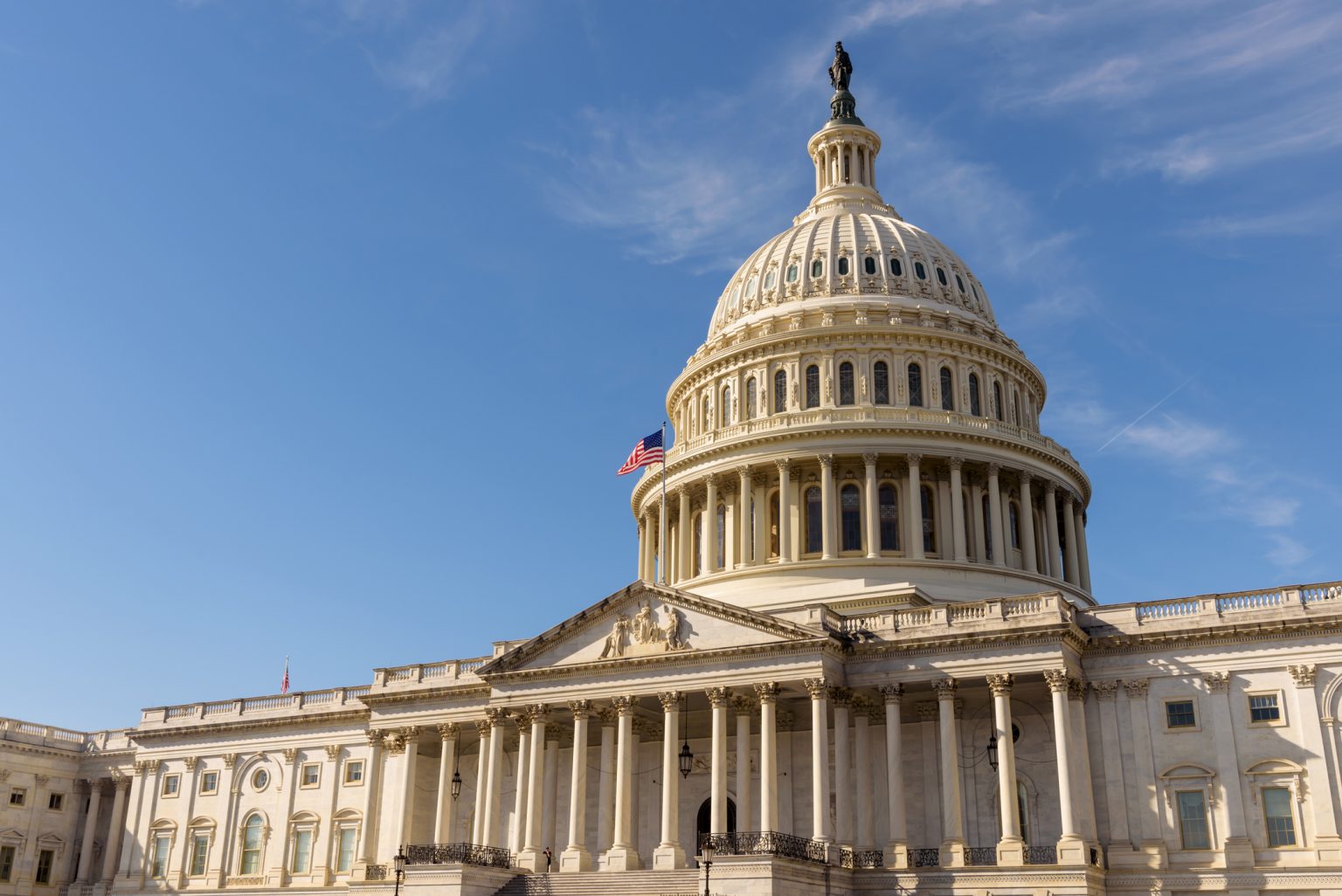The Social Security Fairness Act, a piece of legislation aimed at repealing certain benefit restrictions for public servants, recently passed the Senate with significant bipartisan support. This landmark bill addresses the Windfall Elimination Provision (WEP) and the Government Pension Offset (GPO), two rules that currently reduce Social Security benefits for approximately 3 million Americans, primarily those who worked in public service and contributed to both Social Security and separate government pensions. The act’s passage signifies a victory for these individuals, many of whom are retired teachers, firefighters, and other public employees, who have long advocated for the repeal of these provisions.
The WEP and GPO were originally enacted to prevent individuals from receiving what was perceived as “excessive” Social Security benefits by calculating benefits based on a modified formula that factored in their government pensions. However, critics argued that these provisions unfairly penalized public servants who had dutifully contributed to both Social Security and their respective pension systems. The Social Security Fairness Act rectifies this perceived injustice by eliminating the WEP and GPO, ensuring that affected individuals receive the full Social Security benefits they earned through their contributions. This change will come into effect for benefits payable after December 2023.
The bill’s journey to passage included overwhelming bipartisan support in the House and a comfortable margin in the Senate. This demonstrates the widespread recognition of the unfairness imposed by the WEP and GPO. While the majority of Senators voted in favor, a notable contingent of 20 Republicans opposed the act, citing concerns about its financial impact on the already strained Social Security system. This division underscores the ongoing debate surrounding the long-term solvency of Social Security and the challenges of balancing competing priorities.
The act’s financial implications are substantial. The Congressional Budget Office estimates the bill will add approximately $190 billion to the national debt over the next decade and accelerate the depletion of the Social Security trust fund. This projection fueled opposition from fiscal conservatives, who argued that the bill exacerbates the existing financial challenges facing Social Security without addressing its underlying solvency issues. Senator Rand Paul proposed an amendment to mitigate the cost by gradually raising the full retirement age from 67 to 70, but it failed to garner sufficient support.
The debate surrounding the Social Security Fairness Act highlights the complex interplay between social welfare and fiscal responsibility. While proponents celebrate the bill’s positive impact on the lives of millions of retirees, critics express concern about its long-term consequences for the Social Security system. This tension underscores the need for comprehensive Social Security reform to ensure its sustainability for future generations. The act’s passage represents a significant legislative victory for affected public servants but also reignites the debate on the long-term viability of the Social Security system.
The passage of the Social Security Fairness Act has been met with mixed reactions. Supporters, including numerous public employee unions and organizations, laud the bill as a long-overdue correction to an unfair system. They argue that the WEP and GPO unjustly penalized public servants who had diligently contributed to both Social Security and their government pensions. The repeal of these provisions is seen as a recognition of their contributions and a step towards ensuring they receive the full retirement benefits they deserve. Senator Schumer championed the bill as a victory for these dedicated public servants. Opponents, however, raise concerns about the bill’s fiscal impact and its potential to exacerbate the existing financial challenges facing the Social Security system. Senator Tillis, for example, expressed concern about the lack of a sustainable funding mechanism and the potential for further burdening the system.
The act now awaits the President’s signature, after which the changes will be implemented. The elimination of the WEP and GPO represents a significant shift in Social Security policy and will have a tangible impact on the lives of millions of Americans. While the act addresses a specific issue related to public pensions, it also highlights the larger conversation surrounding the future of Social Security and the need to address its long-term solvency to ensure its viability for future generations. The debate surrounding the Social Security Fairness Act is likely to continue as policymakers grapple with balancing the needs of current beneficiaries with the long-term financial health of the Social Security system.














